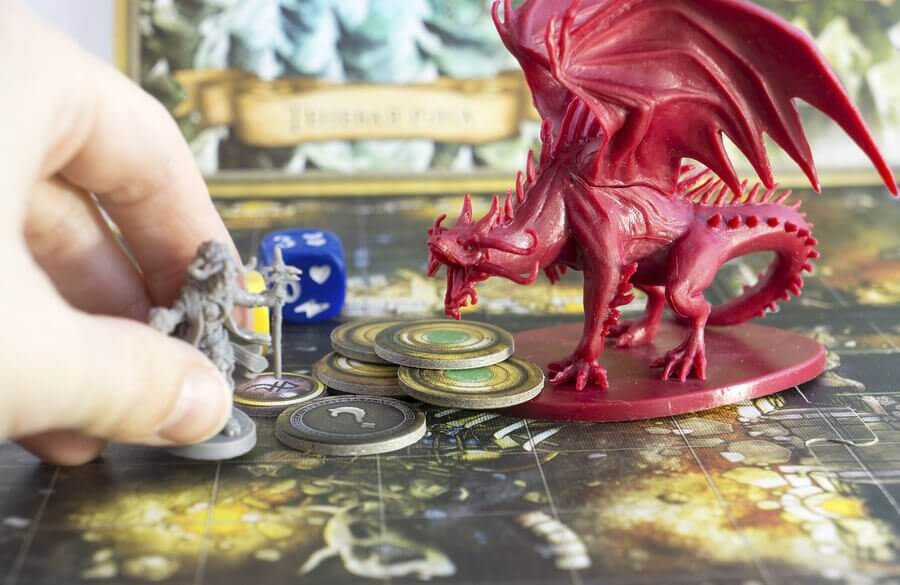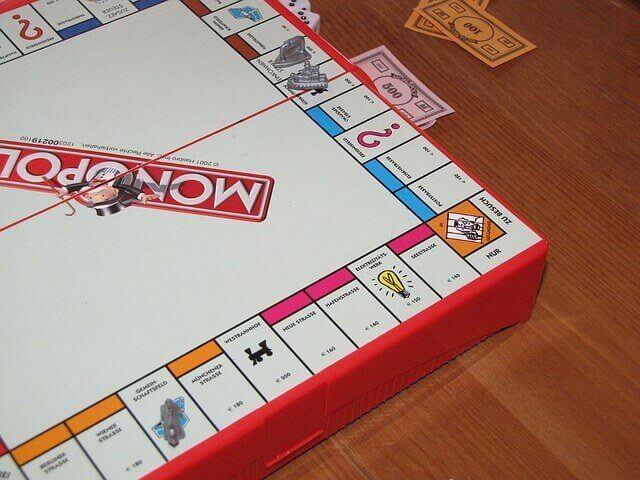The Importance of Simulation Games in Childhood

Simulation games are a simplified version of reality. In other words, it’s an experience that’s based on reality, but isn’t as complicated.
This type of game offers children the opportunity to learn different real-life situations and how they work. For the most part, these situations are inspired by real events. Kids can learn about these through simple steps in these games.
The structure of simulation games
Simulation games are great to help kids learn since they help them evaluate actions and carry them out consistently. In other words, they follow steps to lead them to their goals.
Children learn by doing, and they have lots of fun playing. The actions are always very dramatic, so players have lots of fun. However, they also don’t have to be afraid of being wrong, since they don’t have the same consequences as in real life.
Therefore, children learn to look for possible ways out of tough situations. In fact, this helps kids develop autonomy, as well as learn how to socially interact with others.

Characteristics of simulation games
Motivation
Since the situations are presented in very interesting ways, kids pay lots of attention. They’re invested, and they have fun reasoning through problems to come up with solutions.
That way, they can advance to the next level. When they achieve it, they feel a sense of accomplishment. Then, they’re motivated to continue playing and learning.
Time management
Many simulation games have a time limit for each level or activity. Therefore, kids need to learn to manage their time to achieve their goals and move on. Of course, this is always very exciting while helping them develop mental agility.
Decision-making
Simulation games help develop a good capacity to make decisions, since it forces them to take different factors into account to benefit the most. They offer different opportunities, and children need to pick one. Of course, this also boosts their self-confidence.
Monopoly, an analog example
Not all simulation games are digital or require a game console. On the contrary, there are lots of games that are completely analog.
One of the most popular simulation games that you can play in groups is Monopoly. It’s very close to real life, and it lets you experience situations that could happen in adult life, like making a purchase, for example.
Through a board, cards, play money and tokens, players learn to figure out strategies that benefit them, take them as far as possible, save money, build assets, and therefore win the game.

Advantages and disadvantages of simulation games
Advantages
- Children develop various skills, and increase their ability to respond to problems, as well as hand-eye coordination.
- There is a wide variety of themes, game modes, etc. Therefore, there’s something for everyone.
- The games are classified by age ranges, so each one offers benefits based on how old the players are.
- Not only do they entertain kids, but they also stimulate cognitive development.
- Not all games require the internet.
- They help players be organized. They also teach you how to follow instructions.
- In their own way, they teach that every action has consequences. For example, not following instructions well could cause you to lose the game.
Disadvantages
- If you don’t teach kids to manage their time while playing, kids can waste too much time playing every day.
- If you don’t use parental controls, kids might play inappropriate games. Some have explicit content that isn’t appropriate for their age.
- On a psychological level, some games can make kids very frustrated. If they don’t get the results they wanted, they can get angry or upset.
Simulation games don’t harm children themselves. However, it’s important to guide your children, especially when they’re young, to teach them how to play correctly. Likewise, don’t forget to play as a family whenever possible.
All cited sources were thoroughly reviewed by our team to ensure their quality, reliability, currency, and validity. The bibliography of this article was considered reliable and of academic or scientific accuracy.
- Castro, S. (2008). Juegos, Simulaciones y Simulación-Juego y los entornos multimediales en educación:¿ mito o potencialidad?. Revista de investigación, 32(65), 223-245. https://dialnet.unirioja.es/descarga/articulo/2799212.pdf
- Santisteban Cimarro, A. (1990). El uso de los juegos de simulación en Ciencias naturales como técnicas de conocimiento del entorno. Revista Investigación en la Escuela, 10, 71-75. https://idus.us.es/handle/11441/59240
- Mateos Jiménez, A., Bejarano Franco, M., & Moreno García, D. (2014). Los cuentos y los juegos de simulación para trabajar la justicia social en el ámbito de las ciencias en las primeras edades. Revista Internacional de Educación para la justicia social. https://repositorio.uam.es/handle/10486/663241
This text is provided for informational purposes only and does not replace consultation with a professional. If in doubt, consult your specialist.








